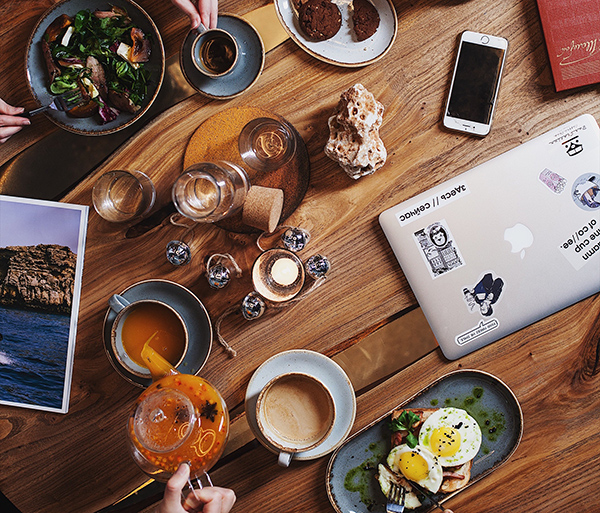European drinking habits have changed since 2020

Image: Viktoria Alipatova, Pexels
With the start of each new year comes the release of numerous consumer-behaviour surveys, so many that they are hard to keep track of, but I do pay special attention to those relating to food and beverage consumption trends. Thus, the latest research from tea and coffee extracts supplier, Finlays, which revealed changes in drinking habits since the Covid-19 epidemic began, interested me.
Finlays’ research has revealed that four in five European adults (79%) believe their drinking habits have changed since March 2020, the percentage is even higher among young adults: 93% of 18 to 24-year-olds (Gen Z) and 88% of 25 to 35-year-olds (millennials) say their habits have changed since the start of the pandemic.
The changes, per Finlays’ research, are driven by growing health concerns, new daily routines, and sustainability and have resulted in increased interest in healthy beverage alternatives and additional functional benefits.
The majority (58%) of those surveyed stated that increased awareness of physical health has affected their consumption of beverages, while a third recognise mental health as a factor (34%). This has led to consumers seeking out low-calorie options (28%), organic ingredients (18%), and drinks that are artificial flavour or sweetener-free (15%).
It is also no surprise that consumers are often choosing water, with nearly half (48%) of people drinking more water since the pandemic. Yet, one in six (17%) won’t compromise on flavour in pursuit of healthy drinking, giving rise to clean-label products made with natural ingredients.
Long-term changes to consumers’ daily routines are also key. According to the research, more time at home (32%), new working patterns (19%) and spending less time socialising (19%) have all impacted habits in Europe.
Good news for coffee and tea brands: within these new schedules, a third (33%) are drinking more traditional sources of caffeine, such as tea and coffee. Functional beverages are also playing an important role as nine in ten (90%) recognise the positive benefits they offer during work hours, and one in three (30%) use functional beverages to get themselves ready for the day ahead.
The survey finds that consumers want their drinks to work harder for them than ever before, with beverage purchasing decisions hinging on the presence of multiple functional benefits for one in five (20%). Consumers especially want to boost energy levels (34%), improve performance (26%), encourage relaxation (22%), and support their immune system (16%) through drinks.
Finlays’ research also shows that new beverage expectations come with an increasing awareness of sustainability. While the pandemic did impact the purchasing of reusable products – short term – as consumers opted for the perceived ‘safe and more hygienic’ disposable options, the commitment to sustainable purchases returned and remains strong. Among survey participants, one in seven are purchasing fewer drinks in plastic bottles, and 13% are becoming increasingly aware of the environmental cost of certain beverages. Above anything else, ensuring drinks are sustainably sourced affects the purchasing decisions of a quarter (25%) of consumers.
“Our research shows European consumers are looking for beverages to tick a greater range of boxes — a trend particularly prevalent within younger generations. Natural, sustainable ingredients that offer additional functional benefits and permit clean labelling claims could be the golden ticket to meeting heightened expectations,” said Andrew Martin, interim group head of business development at Finlays. (Be sure to check out our upcoming issue as it features a story on functional coffee. Functional teas will follow in a later issue.)
He noted that this trend provides an opportunity for beverage brands to innovate, particularly using familiar components, such as natural tea and coffee that leverage positive consumer association with various wellness benefits. “Take cold brew coffee, which boosts energy levels and contains zero added sugar, providing a natural energy drink alternative – or tea aromas – a colourless liquid that captures the taste of fresh leaf tea to transform flavoured and enhanced water into a sensory, low-calorie beverage experience,” said Martin. “These can help meet the rising consumer demand for sustainable beverages that boost mind and body.”
- Vanessa L Facenda, editor, Tea & Coffee Trade Journal.
Keep in touch via email: [email protected] Twitter: @TCTradeJournal or LinkedIn: Tea & Coffee Trade Journal



